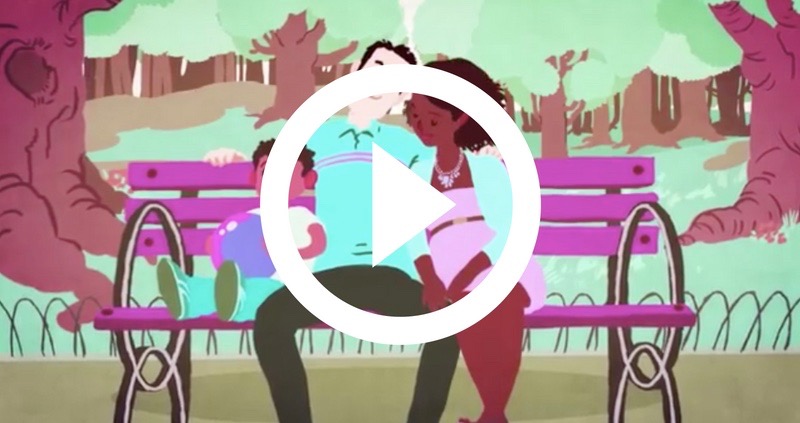
The Best Way to Nurture Your Child’s Brain
By Myrna Lapres
There is a secret hidden in plain sight for all parents of young children: the most important—and astoundingly simple—thing you can do for your children’s future success in life is to talk to them. The way you talk with your growing child literally builds his or her brain. Parent talk can drastically improve school readiness and lifelong learning in everything from math to art. Indeed, parent–child talk is a fundamental, critical factor in building grit, self-control, leadership skills, and generosity.
Dr. Dana Suskind, surgeon, pediatrician, professor and author, wrote her groundbreaking book “Thirty Million Words: Building A Child’s Brain” in 2015. Dr. Suskind says, “Every parent has the words, the language, the nurturance necessary to build their baby’s brain. It’s really about families understanding that they matter in their children’s education and that they matter from the first day that their children are born.” For more on her research and her book, click here.
Just how do you talk with a baby or toddler? Try the three T’s (from Thirty Million Words: Building A Child’s Brain):
Tune In: Notice what the child is focused on and talk about that. Respond when a child communicates – including when a baby cries or coos.
Talk More: Narrate day to day routines, such as diaper changes and tooth brushing. Use details: “Let Mommy take off your diaper. Oh, so wet. And smell it. So stinky!”
Take Turns: Keep the conversation going. Respond to your child’s sounds, gestures and, eventually, words – and give them time to respond to you. Ask lots of questions that require more than yes or no answers.
Other tips for supporting your child’s developing language are:
- Talk with your children and encourage them to talk with one another. Keep the conversation going by asking questions, making comments, and inviting them to think and share their ideas.
- Read every day, taking time to go over new words. Look for books with illustrations that provide clues to word meanings.
- Think about new vocabulary words that might come up when visiting a new place. A trip to an art exhibit could introduce the word landscape, while going to a pizza restaurant might introduce kneading dough.
- Give children ample time to learn the meaning and uses of new words before moving onto other words.
Finally, let me encourage all young parents out there: to the exhausted mom who is reading The Cat in the Hat or Goodnight Moon for the fourteenth time after a long work day, to the dad who gets up early on Saturday morning and heads with his kids to the library instead of playing golf, I salute you. Keep up the good work!
Because someday, after many years of reading to them, they might start reading to you.






